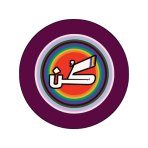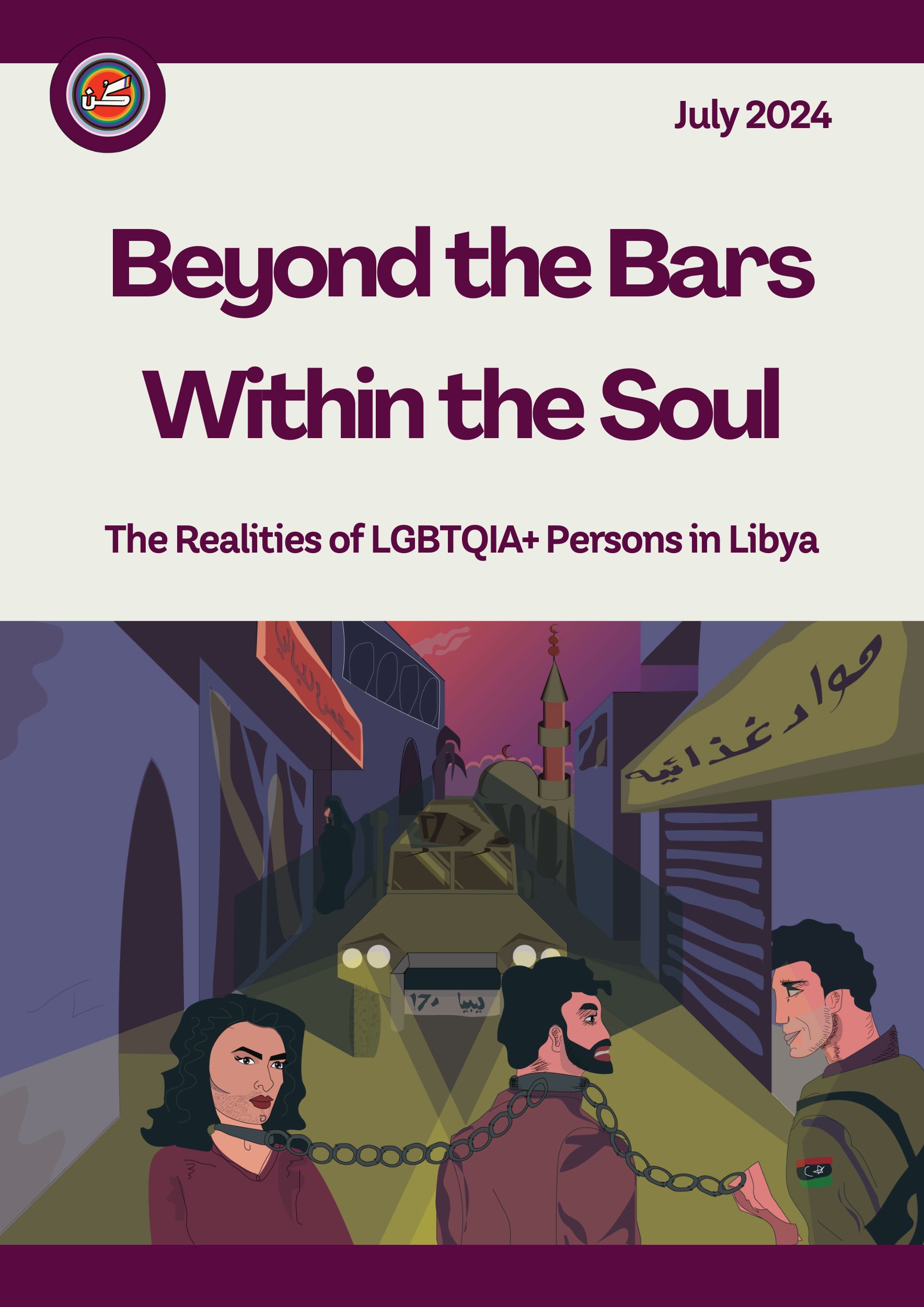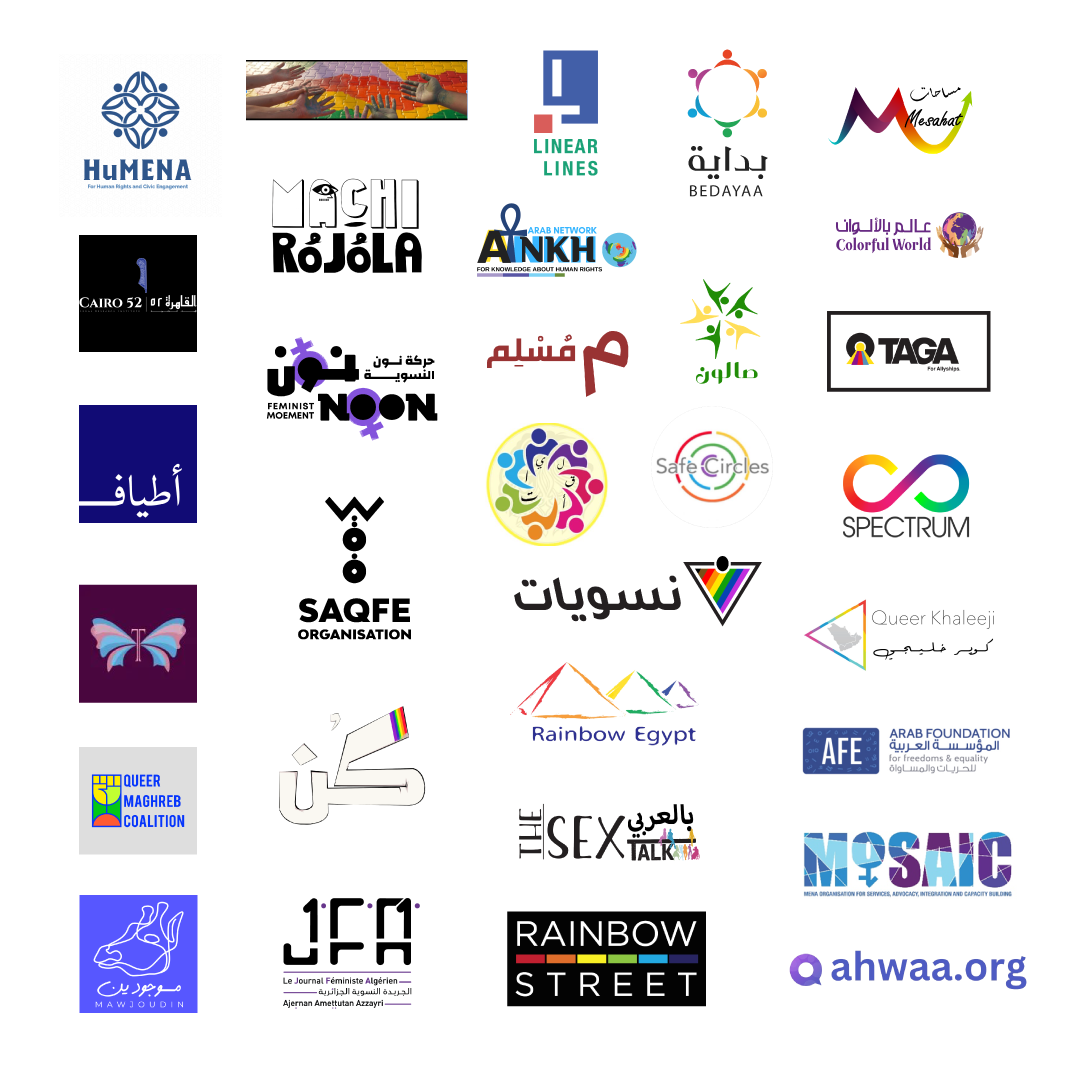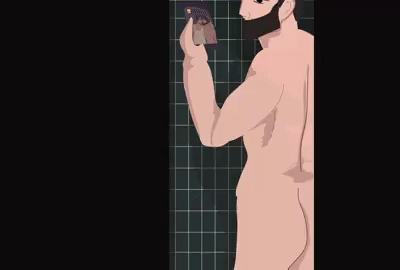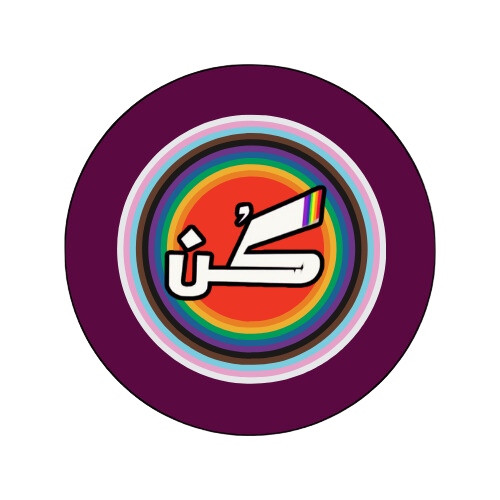Ali Z. is a sociological researcher and an active ally to the LGBT ally. He says, “Silence is also a part of the persecution.”
What do you know about the LGBTQ+ community in Libya ?
At first I wasn’t interested in LGBTQ+ issues and I didn’t understand the concept in general, but after I studied sociology, and got to know LGBTQ+ activists, and after learning more about gender concepts and identities, the LGBTQ+ daily problems and their secret lives, I began to see things more clearly, as I didn’t have enough awareness about the community and didn’t understand all the psychological and social complications related to LGBTQ+ people.
In general, most of my information comes from people that I know personally, there are some widespread social phenomena and mixed concepts in the Libyan society, for example Benghazi is famous for the multiplicity Quranic schools, and pedophilia is accounted as a widespread phenomenon at those schools, and the phenomenon is mistakenly linked to the LGBTQ+ community. As people do not differentiate between the concept of pedophilia and homosexuality.
Have you ever met any person within the LGBTQ+ community in Libya ? If so, how did that make you feel?
It depends on the person actually, as I was brought up in an Islamic reformist home (reform movements were abundant in Libya in the eighties and nineties and varied a lot), I realize that I was a heterosexist, but I didn’t tend to hate the LGBTQ+ community. I practiced silence, I watched many people get persecuted in front of me. Now I know a lot of LGBTQ people, and many of them are friends.
Are you with the LGBTQ+ rights in Libya? If yes, how would you show your support?
Of course yes, I tend to discuss LGBTQ+ issues academically, I try to present the complex topics as they are and seek solutions that are compatible with society and individuals. Sadly, many of the people who advocate for rights, reform, social change or Islamic reform in Libya themselves have prejudices against certain rights, which exposes marginalized groups such as the LGBTQ community and puts their personal information at risk if they seek support.
If you find out one of your family members/relatives is an LGBTQ+ how do you think you’ll deal with that?
I think that the matter that affected me personally, and was a factor for me to be an active ally of the LGBTQ+ community, that I had a close friend, we grew up and played together in the streets of Benghazi, and I heard many rumors about him, and I was a spectator, watching him get persecuted in front of me, being bullied in front of me, and over time, I discovered that my friend was from the LGBTQ+ community. When I found out, I wanted to talk to him and warn him because he was staying in a place full of extremist militias, my friend wasn’t careful, and one day, I heard the news of his death, and I discovered that his death was related to him being a member of the LGBTQ+ community. The accident hurt me and I felt somewhat responsible because I did not warn him. The loss of those close to me prevented me from participating in the cycle of persecution anymore, and I became an ally to the LGBTQ+ community. Silence is also a part of the persecution.
In Libya, the LGBTQ+ community suffers from all types of discrimination, religion because it’s forbidden, society wise because its a shame, and the law doesn’t grant or believe in their rights, do you think the awareness KUN is providing, will help and change the idea the anti queers in Libya have about the LGBTQ+ community?
Maybe there will be progress, but not much, LGBTQ+ issues must intersect with the other issues advocated by the Libyan civil society, and unify their efforts.
The impact of violence on the religious space, and the Libyan governments’ exploitation of the (fundamentalist) currents, and the absence of other doctrines from the public space, in order to exploit them to mobilize for wars, all of this led to a change in the general mindset of the Libyan society, according to the popular doctrine, and was affected by its tendency to close in and reject difference, and you can see a recent example which is the negative and strong reaction toward speaking of the topic of homosexuality on Waad Channel. In order for us to present sexuality in a broad concept for the Libyan society, it must be supported by a large line of defense, so it doesn’t get rejected like other concepts of social reform that have become demonic concepts in society.
Smart mechanisms and strategies must be used in the long term, to show that the concept is social and is presented in different colors and various methods. The Libyan society has to be involved to present the issue in a wide-ranging way. I think that it is the right of those we lost that we must continue to research and spread awareness.
